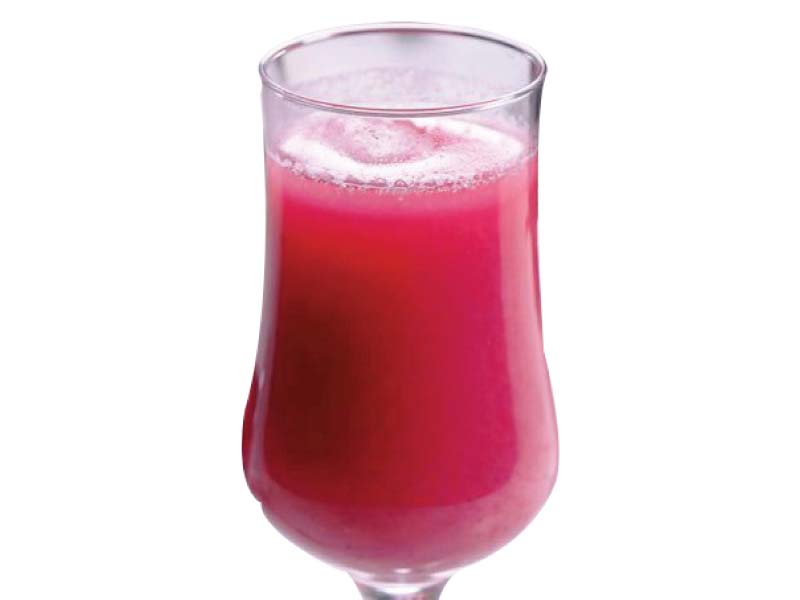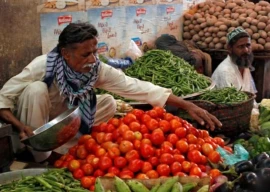
With the sun shining across the province in full force, the demand for grewia fruit has increased. Colloquially known as falsa, the juice extracted from the purplish berries is a must-try delicacy.
Herbalist MA Khalid explains that falsas are in season for a very short period of time. “The fruit is famous among elders and children alike for its sweet and sour taste,” he adds.
What the falsa fruit lacks in size, they make up for in their medical benefits, he says. The fruit is chock full of vitamin B, C and iron. Consuming the purplish berries can aid in preventing heart diseases, liver diseases and can stave of seasonal maladies such as gastroenteritis as well as indigestion.
Muhammad Owais, the owner of a juice shop in Gulberg, says that the demand for falsa juice increases during the summertime. Parched patrons flock to the store to quench their thirst with the sweet and sour drink.
“However, the fruit is at the tail end of its season which means that prices have dropped significantly,” he states. He reveals that when the sun is shining high in the sky, people prefer to quench their thirst with a glass of falsa juice, which costs a mere Rs20.
Cultivation of the grewia fruit has been underway in different districts across the province for the past several weeks. The fruit is a hardy plant which can survive in extreme heat and cold and is easily cultivated in most districts. However, majority of the fruit is cultivated in South Punjab.
Agriculture Department Director General Dr Anjum Ali says that the best time to harvest falsa fruit is during the month of June and July. It is better to sow the seeds on raised beds between six and eight inches apart. On the other hand, the seeds should be sown at a distance of three inches.
He clarifies that the seeds should be sown in dry land and should then be watered. He adds that the raised beds should be kept watered enough to be kept moist. “In about 15 to 20 days, the seeds will begin growing,” he says.
Seeds sown in June and July grow to about three feet tall within six to seven months, he says. Once the seeds have matured, it can be transferred to the fields in January, he adds.
Published in The Express Tribune, July 9th, 2019.


1723278472-0/BeFunky-collage-(4)1723278472-0-165x106.webp)














COMMENTS
Comments are moderated and generally will be posted if they are on-topic and not abusive.
For more information, please see our Comments FAQ